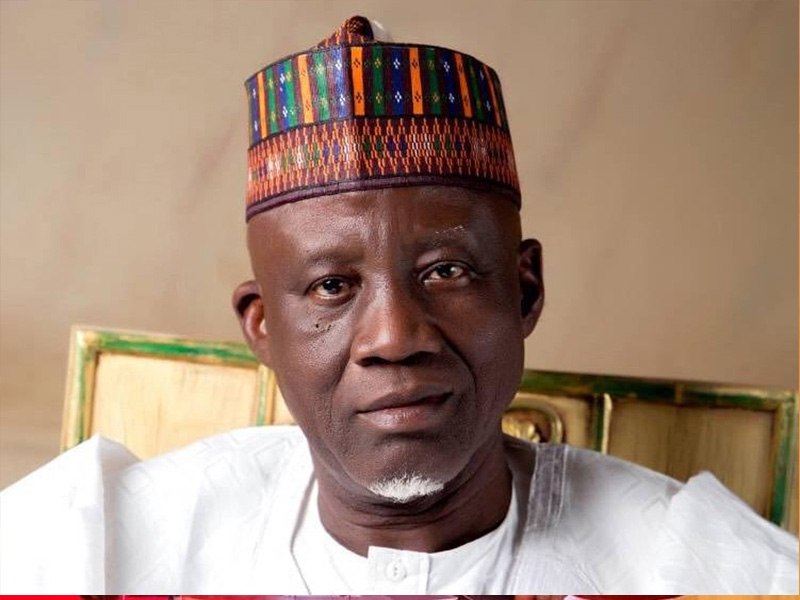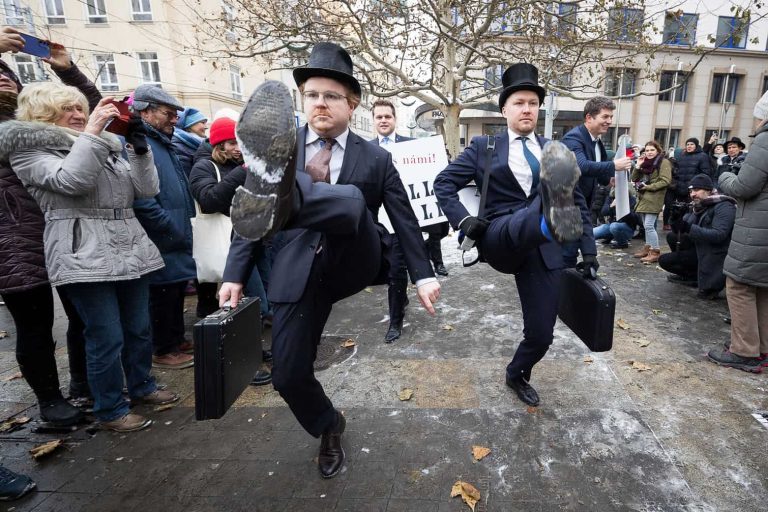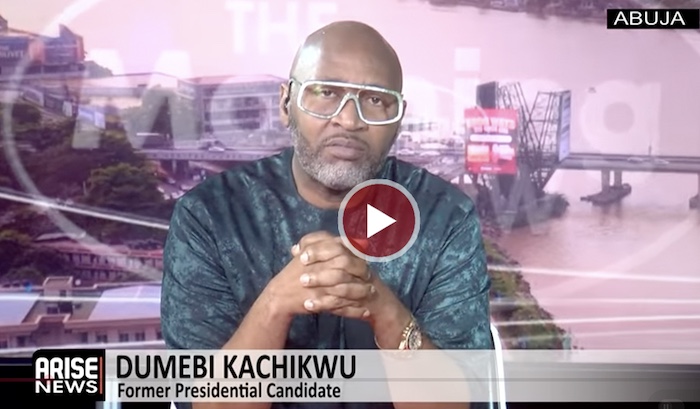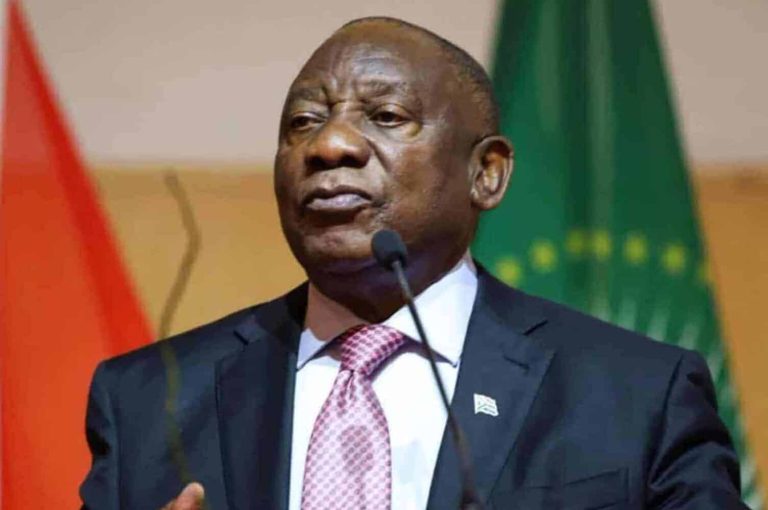
Minister of Labour and Employment, Alhaji Maigari Dingyadi, has said Nigeria is expanding Bilateral Labour Agreements (BLAs) with countries that regularly recruit Nigerian workers as part of measures to ensure dignified and lawful work conditions.
Dingyadi also said the ministry, through its Labour Inspectorate Department and the Tripartite Industrial Relations Framework, had intensified efforts to ensure that private sector organisations complied with the provisions of the Labour Act and related employment standards.
Government’s drive for fair labour practice came just as Nigeria Labour Congress (NLC) raised concern over alleged move to strip workers their constitutional rights to belong to unions of their choice.
Dingyadi, who spoke at the second edition of Labour Correspondents Association of Nigeria (LACAN) Annual Conference, said the federal government was taking measures to ensure fair migration by Nigerians seeking jobs abroad under safe, dignified, and lawful conditions.
The second edition of LACAN annual conference had the theme, “Improving Internal Resource Mobilisation for Financing Anti-Poverty and Inequality Interventions in Nigeria.”
Dingyadi said the ministry, in collaboration with International Labour Organisation (ILO) and International Organisation for Migration (IOM), had developed a National Labour Migration Policy, which provides a framework for protecting the rights of migrant workers, preventing exploitation, and promoting mutually beneficial labour mobility.
He stated, “In recent years, we have taken concrete steps to expand Bilateral Labour Agreements (BLAs) with countries that regularly recruit Nigerian workers, including Saudi Arabia and Qatar.
These agreements define clear terms for recruitment, working conditions, and social protection.
“Our goal is to ensure that every Nigerian who migrates for work does so under safe, dignified, and lawful conditions – and that labour migration becomes a pathway to empowerment, not vulnerability.”
On the home front, the minister said the ministry was engaging with employers, including private employment agencies, to regularise non-standard employment.
He said the ongoing review of Nigeria’s labour laws was aimed at modernising the legal framework in line with ILO conventions and global best practices.
He said the reviewed labour law will introduce clearer provisions to regulate new forms of work, including contract and platform-based labour.
While making a presentation at the conference, NLC president, Joe Ajaero, said there was an unholy move by the National Assembly to pass special laws that would grant a few powerful companies the licence to operate as islands of impunity, outside the known labour standards that govern the country.
Ajaero, who was responding to a bill in the National Assembly, tilted, “Special Economic Zone laws,” accused sponsors of the bill of seeking to ambush the workers and strip them their constitutionally granted right to freedom of association.
He said, “These so-called ‘Special Economic Zone’ laws are a direct and violent breach of ILO Conventions 87 and 98 on the right to organise and collective bargaining, to which Nigeria is a signatory.”
On the frosty relationship between Dangote Refinery and labour unions in the sector, Ajaero accused the firm of pushing to become a monopoly using every tactic at its disposal.
He said organised labour was not against free enterprise, but will want all businesses and organisations, including Dangote Refinery, to operate within the ambit of the law, not ultra vires.
Ajaero said, “Section 40 of the Nigerian Constitution was clear that every Nigerian has the right to belong to a religion of their own, to belong to a political party of their own, and to have the law of their own. Has anybody gone to court to stop him from belonging to a party?
“Has anybody gone to court to stop him from being a Christian or Muslim? Has anybody gone to court to stop people from belonging to a religion of their own? Why? In the first chapter of the Constitution, why are we operating as if all of us are deaf and dumb?
“So, why would we implement A and leave B in the same section of the Constitution? Which is a grand norm of how operations are done.
“So, have you asked questions? So, you are free to belong to PDP and Labour Party. And not free to belong to NUPENG or PENGASSAN?”
Earlier, acting Chairman of LACAN, Patrick Abulu, said the theme of the conference had become necessary in order to find domestic solutions to Nigeria’s problems, and the resources to fund them.
Onyebuchi Ezigbo



